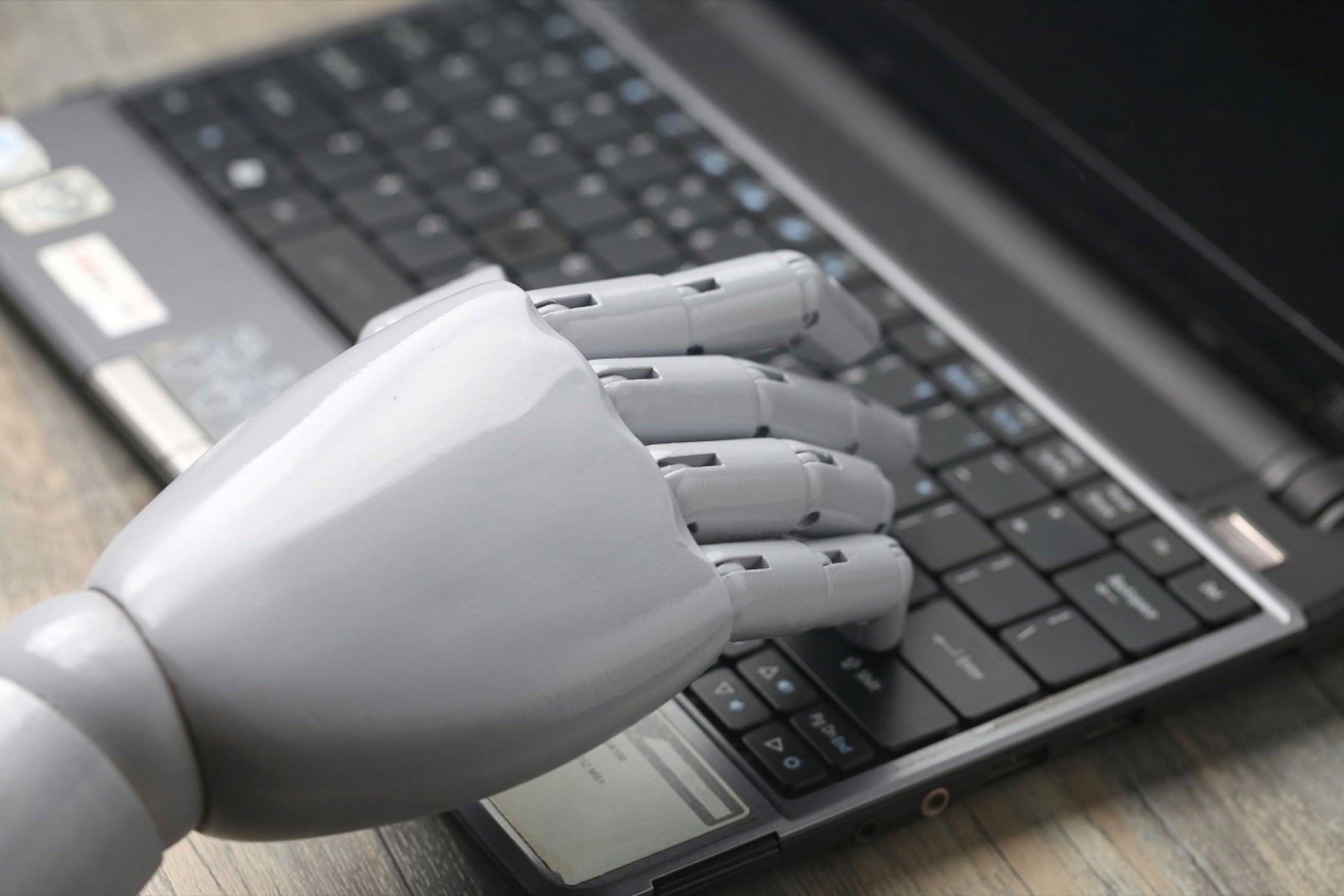5 Ways in Which Digital and Artificial Intelligence are Changing Work Dynamics As AI tools for human capital and performance management become common, companies will be able to recruit, hire and develop people based on talent, value and skills as opposed to years of experience or education levels
By Pallavi Jha
Opinions expressed by Entrepreneur contributors are their own.
You're reading Entrepreneur India, an international franchise of Entrepreneur Media.

Artificial Intelligence will make learning & development a more important agenda for organizations, making it easier to identify the L&D initiatives that are really contributing to the picture. This, in turn, will hopefully make upskilling more of a priority for organizations. The gap between the skills performed by people and those by machines is narrower today than ever before. As technology and robotics gather momentum, almost every job profile is being reimagined, which will also affect how jobs are designed, work is structured and the future is forecasted. Data analyses coupled with the application of human knowledge, creativity, and understanding, will provide decision-making support that will become AI's greatest offering.
AI Driving Performance
As AI tools for human capital and performance management become common, companies will be able to recruit, hire and develop people based on talent, value and skills as opposed to years of experience or education levels. We will have significantly more computing power and data-driven insights to make calculated, well-informed decisions.
HR teams can focus on matching people to the right roles more accurately as per their behavioural attributes, strategic talent and performance experiences. Transactional tasks can be supported by AI.
Learning to Become More Continuous
Workforces will also be able to move closer towards to continuous learning. In most workplaces, training is episodic. But by using AI to help analyse the current status, role, behaviour, satisfaction, engagement and sentiment of each employee, companies will be able to deliver training and skills development opportunities to employees at the right time to support career path planning and retention. Aside from skill upgradation, this will also help to reduce disengagement and attrition. With micro-learning gaining popularity, learning modules are being increasingly broken up into more digestible pieces, providing employees with access to learning material when they need it - "just in time' learning.
Employee Productivity to Gain Emphasis
There will be a renewed emphasis on employee productivity. When filling positions is a time-sensitive priority, it gets difficult for recruitment to be scrupulous. A lack of quality talent increases the levels of coordination and management required, meaning that productivity goes down. When the hiring emphasis is on quality and productivity, benefits increase for the organisation as well as for its employees. People analytics can support HR in gathering data to determine the habits and characteristics of the highest-performing people and teams. The findings of these can be used in future recruitment and talent development initiatives.
AI to Increase Classification of Jobs
AI will usher in its own new classification of jobs across teams. As the technology permeates every business unit, its growth will stimulate the creation of millions of new, highly-skilled, well-paying positions across every industry. This will put the onus on HR to identify skills, attributes and talent growth strategies necessary to fill and retain AI-oriented roles, while remaining in sync with corporate values and strategy.
These trends point to a superior workplace experience in 2018. And although companies may face new hurdles in making them a reality, they will likely be met with a more streamlined approach, higher productivity and greater engagement. The future of work will likely accelerate as a function of where we are in the advancement of technology. Cognitive tools to augment - and in particular cases substitute - knowledge work will continue to increase speed and become widely-implemented. The future of work vis-à-vis the augmented workforce and the issues that may accompany it, could dominate the concerns of HR and business leaders in the close future. This development will require great cross-functional attention, ideation and collaboration.










